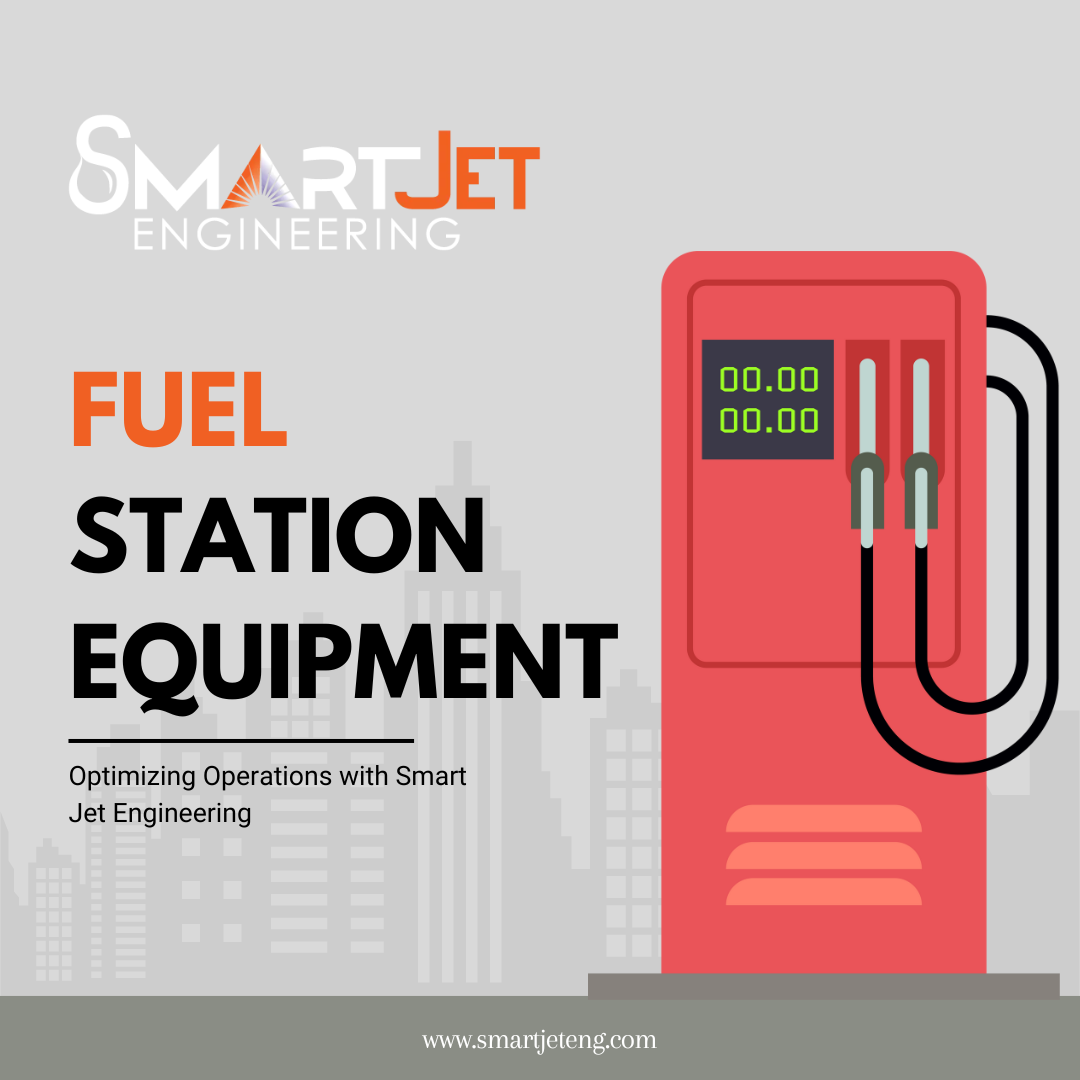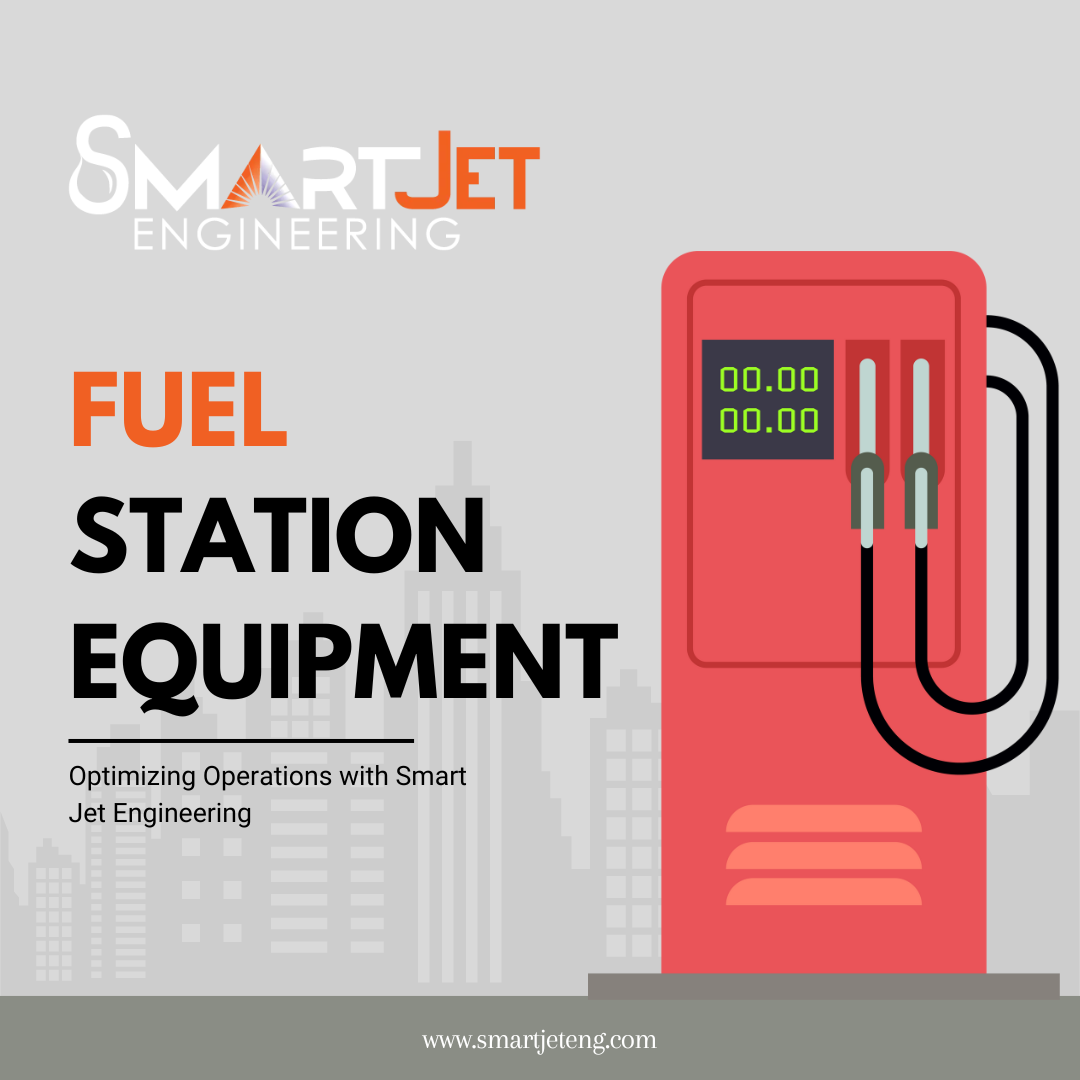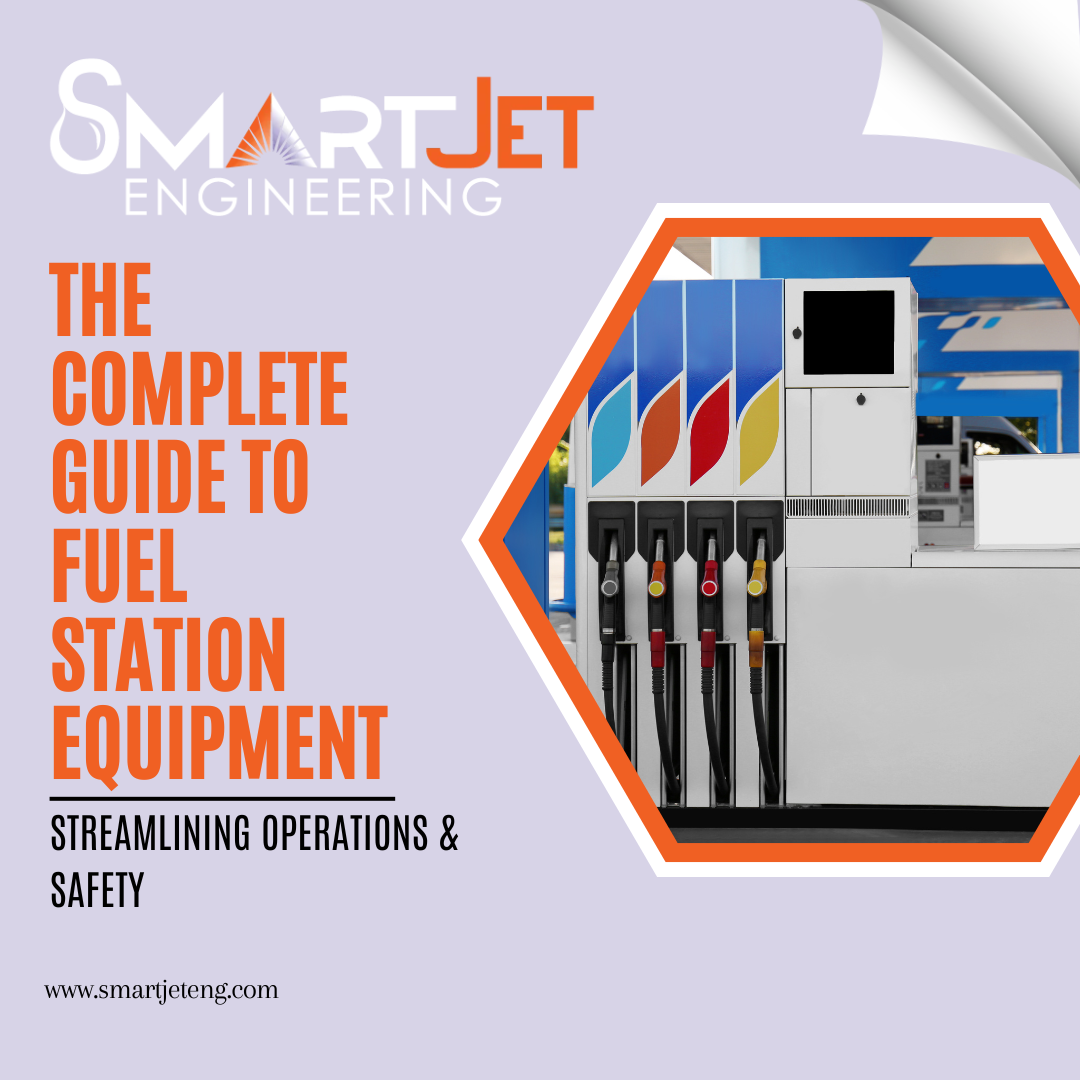Above Ground Fuel Storage Tanks for Sale
By - Admin

Above Ground Fuel Storage Tanks for Sale: Your Guide to Making the Right Choice
When it comes to fuel storage, making the right decision is crucial. Whether you're in construction, agriculture, or any industry that relies on bulk fuel, having an efficient storage system can make a huge difference. That's where above ground fuel storage tanks come into play. These tanks are becoming increasingly popular for their safety, accessibility, and ease of maintenance. If you're considering an above-ground fuel storage tank for sale, this guide will help you understand your options and how to choose the right one for your needs.
Why Choose Above Ground Fuel Storage Tanks?
There are many advantages to opting for above-ground fuel storage tanks over underground tanks. Here are some key reasons:
- Ease of Inspection and Maintenance: One of the most significant benefits is that above-ground tanks are easy to inspect and maintain. Since they are visible, it's easier to detect leaks, corrosion, or any other issues that may arise. This makes them a safer option in many scenarios.
- Cost-Effective Installation: Above-ground tanks are generally cheaper to install than underground ones. There’s no need for excavation, which significantly reduces labor and material costs. If you're looking for a budget-friendly solution, above-ground tanks could be the way to go.
- Environmental Safety: Above-ground fuel storage tanks have less impact on the environment compared to underground tanks. In case of a leak, it's easier to contain the spill, reducing the risk of environmental contamination.
- Portability and Flexibility: If you ever need to relocate your storage tank, moving an above-ground tank is far simpler than relocating an underground tank. This flexibility can be a massive advantage for industries that frequently change work locations.
Types of Above Ground Fuel Storage Tanks
When it comes to above-ground fuel storage tanks, you have various types to choose from. Each has its unique features that cater to different needs. Let’s dive into the most common types available on the market:
1. Single-Wall Tanks
These are the most basic type of fuel storage tanks. They have a single layer of material (usually steel) to contain the fuel. While cost-effective, single-wall tanks may not be ideal if you’re concerned about potential leaks, as they don’t provide secondary containment.
2. Double-Wall Tanks
Double-wall tanks offer added protection by having two layers of containment. The second wall acts as a backup in case the first layer fails, reducing the risk of fuel leaks. They are widely recommended for areas where environmental regulations are strict.
3. Horizontal Tanks
These tanks are long and cylindrical, often used in industries that need to store large volumes of fuel in tight spaces. Horizontal tanks are available in both single-wall and double-wall configurations.
4. Vertical Tanks
Vertical tanks are designed for settings where space is a concern. These tanks use less horizontal space and can store significant amounts of fuel. They're ideal for businesses with limited ground area.
5. Fire-Resistant Tanks
Fire-resistant fuel storage tanks are designed to withstand high temperatures and prevent explosions in the event of a fire. If your industry operates in high-risk environments, investing in these tanks could save lives and property.
Factors to Consider When Buying an Above Ground Fuel Storage Tank
When searching for above-ground fuel storage tanks for sale, there are a few crucial factors to keep in mind to ensure you get the best product for your specific needs.
1. Capacity
Consider how much fuel you need to store regularly. Tanks come in a variety of sizes, ranging from a few hundred gallons to tens of thousands of gallons. Make sure you choose a tank that fits your operational needs without being too small or unnecessarily large.
2. Material
Above-ground tanks are typically made from either steel or fiberglass. Steel tanks are sturdy and durable, but they can be susceptible to corrosion if not properly maintained. Fiberglass tanks, on the other hand, are corrosion-resistant, but they can be more expensive.
3. Location and Space
Before purchasing a tank, assess the available space at your site. Vertical tanks may be better if space is limited, while horizontal tanks may be ideal if you have more room to work with.
4. Compliance with Regulations
Fuel storage is a regulated activity, and it’s essential that the tank you purchase complies with local and federal regulations. Make sure the tank meets environmental protection standards and is suitable for your intended use.
5. Future Expansion
If you anticipate your fuel storage needs growing in the future, it's worth investing in a larger tank or a system that allows for easy expansion. Some above-ground tanks can be connected together to increase capacity over time.
Installation and Maintenance of Above Ground Fuel Storage Tanks
Once you’ve purchased your tank, proper installation and ongoing maintenance are critical to ensure safe and efficient operation.
Installation Tips
- Choose a Flat, Stable Surface: Make sure the tank is installed on a flat, stable surface to prevent uneven wear and tear.
- Follow Manufacturer’s Guidelines: Installation should always follow the manufacturer’s recommendations to ensure the tank operates safely and efficiently.
- Consider Secondary Containment: Even if you have a double-wall tank, it’s a good idea to install additional secondary containment to prevent fuel from spilling into the environment in case of a leak.
Maintenance Tips
- Regular Inspections: Perform routine checks to look for signs of rust, corrosion, or fuel leaks.
- Clean the Tank: Over time, fuel tanks can accumulate sediment. Schedule regular cleanings to avoid contamination of the stored fuel.
- Monitor Fuel Quality: Make sure to regularly test the fuel to ensure its quality has not degraded, which could damage machinery.
Where to Find Above Ground Fuel Storage Tanks for Sale
There are many suppliers offering above-ground fuel storage tanks, both new and used. Here are a few places where you can start your search:
- Specialty Tank Suppliers: These companies focus specifically on fuel storage solutions and will often provide a range of options for different industries.
- Industrial Equipment Dealers: Dealers that specialize in industrial equipment may have tanks available, often with more flexible pricing for used models.
- Online Marketplaces: Websites like eBay or Craigslist can also be good resources for finding used fuel storage tanks at discounted prices.
How Smart Jet Engineering Can Help
At Smart Jet Engineering, we understand that finding the right fuel storage solution is crucial for the efficiency and safety of your operations. That's why we offer a wide range of above-ground fuel storage tanks tailored to meet the needs of various industries. Whether you’re looking for a simple single-wall tank or a custom-designed, fire-resistant solution, we’ve got you covered.
Our team of experts is here to help guide you through the selection process, ensuring that you get a tank that’s not only cost-effective but also compliant with all relevant safety regulations. Contact us today to learn more about how we can assist you with your fuel storage needs.
Conclusion
Choosing the right above-ground fuel storage tank can make a big difference in the safety, efficiency, and cost-effectiveness of your fuel storage system. Whether you need a tank for industrial use or commercial purposes, it’s essential to consider factors like capacity, material, location, and regulatory compliance. With various options available, from single-wall to fire-resistant tanks, finding the perfect fit for your needs is possible with a bit of research.
For those looking for reliable and high-quality options, Smart Jet Engineering offers expertise and a range of fuel storage solutions to keep your operations running smoothly.
FAQs
Q.1 What is the difference between single-wall and double-wall tanks?
Single-wall tanks have one layer of containment, while double-wall tanks have two layers, offering extra protection against leaks.
Q.2 Are above-ground fuel tanks safer than underground tanks?
Yes, above-ground tanks are easier to inspect and maintain, making them safer in many ways compared to underground tanks.
Q.3 What sizes do above-ground fuel storage tanks come in?
They range from a few hundred gallons to tens of thousands, depending on your needs.
Q.4 How often should I inspect my above-ground fuel tank?
Regular inspections should be done at least once a year, but more frequent checks are advised if the tank is heavily used.
Q.5 Can above-ground fuel tanks be moved?
Yes, one of the key benefits of above-ground tanks is their portability, allowing you to move them as needed.
Related Blogs
Search
Popular Posts

The Importance of Ground Fuel Monitoring in Modern Aviation Operations
March 27, 2025

The Importance of Fuel Storage Tanks in Modern Aviation Operations
March 27, 2025

Why Testing and Commissioning is the Ultimate Step in Quality Control
January 29, 2025

Unlocking the Power of Flow Meters: The Critical Role of Calibration
January 29, 2025

Industrial Plant Maintenance and Servicing
March 22, 2025















































